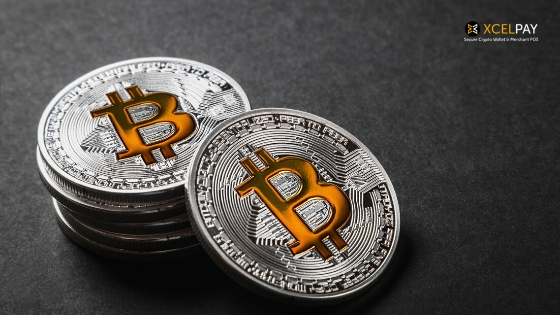Dusting Attacks - A Guide
A
dusting attack essentially refers to a new kind of malicious activity where
scammers try to or break the privacy of Bitcoin
or other cryptocurrency users by sending them minute amounts of coins to their
personal wallets. Many bitcoin adepts work under the presumption that their
anonymity is well protected against all the efforts to infiltrate their
transactions, but surely, that’s not the case.
What’s
a Dust?
In
the sphere of cryptocurrencies, the term dust refers to a very untraceably
small quantity of token for example- a couple hundreds of Satoshis (Satoshis
are said to be one millionth of a Bitcoin) could be considered dust for Bitcoin
holders. Most
crypto holders don’t take notice of their wallet’s dust and rarely worry about
its origin. With the origin of dust attacks, people can no longer ignore these
dusts that land up in their wallets.
Dusting
Attack
Scammers
lately understood that Bitcoin users do not
pay much attention to these minute amounts showing up in their wallets, so they
began "dusting" a large number of addresses by sending a few satoshis
to them. They then started to track those funds and all transactions of those
dusted wallets, which permitted them to link addresses and to ultimately
determine the companies or persons behind those wallet addresses. This information
can later be used to construct targeted phishing attacks or attacks such as
cyber-extortion on unmindful victims.
Dusting
attacks were initially performed with Bitcoin but they are also happening with
other cryptocurrencies that are running on top of a public and transparent
blockchain. In
late October 2018, developers of the Bitcoin's Samourai wallet publicized that some
of their users were under dusting attack. The company sent out a tweet cautioning
their users and elucidation how they could protect themselves. In order to
protect their users against dusting attacks, the wallet now offers a real-time
alert for dust tracking as well as a “Do Not Spend” feature that enables the
users to mark those suspicious funds and avoid using them in future
transactions.
If
a dust fund is not moved, attackers are not able to make the connections they
need to "de-anonymize" the users of that wallet or the address
owner. Samourai wallet already
has the ability to automatically report transactions below the limit of 546 satoshis, which
offers some level of protection. This limit is mechanically adjusted by the
software based on current market conditions.
Make
sure that you use a wallet that allows you to keep your cryptocurrencies safe
from these dusting attacks. Choose XcelPay
or Samourai, these wallets allow for complete control over funds and ensure
safety for all their users.



Comments
Post a Comment